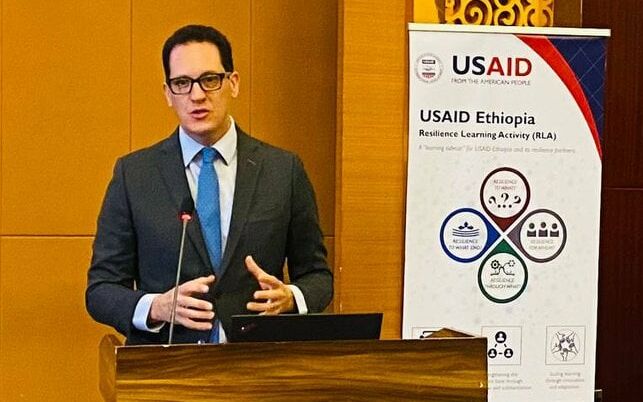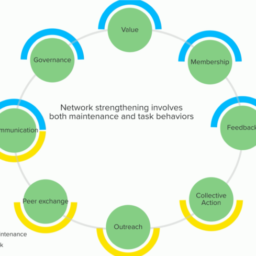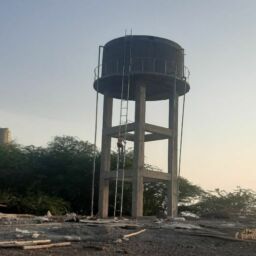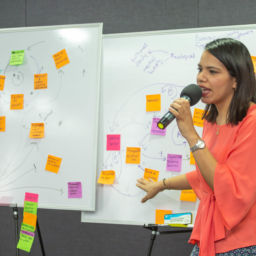
The USAID/Ethiopia Resilience Learning Activity conducted a Resilience Evidence Gap Analysis (REGA), to consolidate a library of USAID-funded documentation focused on resilience within Ethiopia and systematically analyze the library, to isolate how USAID-funded activities contributed to more resilience, and across which dimensions of resilience, as defined by development objective two (DO2) of the USAID/Ethiopia Country Development Cooperation Strategy (CDCS):
Resilience of vulnerable populations to key shocks increased:
- IF households, communities, and systems are strengthened through a systems-based, integrated approach to address the root causes of chronic vulnerability,
- THEN the resilience capacities of targeted populations to shocks and stresses will be improved, which is crucial to creating a prosperous and self-reliant Ethiopia.
And its intermediate results (IR): household food security increased, shock-resilient livelihoods increasingly adopted and maintained, optimal natural resource and water management to cover livelihoods needs sustainably, and barriers to social services reduced.
More specifically, the REGA addresses the following research question:
“What USAID-supported interventions, sequence, or combination of interventions leads to more resilient households, communities, and systems in Ethiopia?”
The RLA team first examined which documentation exists regarding USAID-supported activities in Ethiopia and that provided sufficient analysis of resilience to various shocks in the country. While significant programing and research on resilience in Ethiopia is a response to the 2011-2012 droughts, the REGA library of documents examines resilience to conflict (including the most recent/ongoing conflict), COVID-19, climate change, and economic and even household-level shocks like the passing of a family member, for example.
Among its conclusions, the REGA identified key conditions cutting across the most cases of building resilience, underlying factors associated with “graduation” from social programs, the major contributors to resilience, and key gaps in resilience analysis in Ethiopia.
On March 28th, during the USAID/RLA Launch Workshop in Addis Ababa, RLA presented the REGA and its findings to USAID/Ethiopia staff and implementing partners. The information in this analysis will inform USAID/RLA’s learning space analysis and the Resilience Learning Agenda.
Access the full report here.



